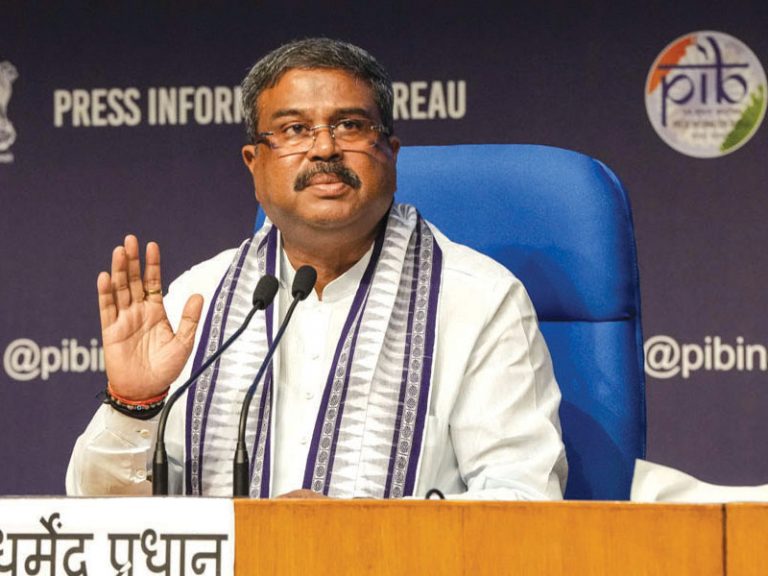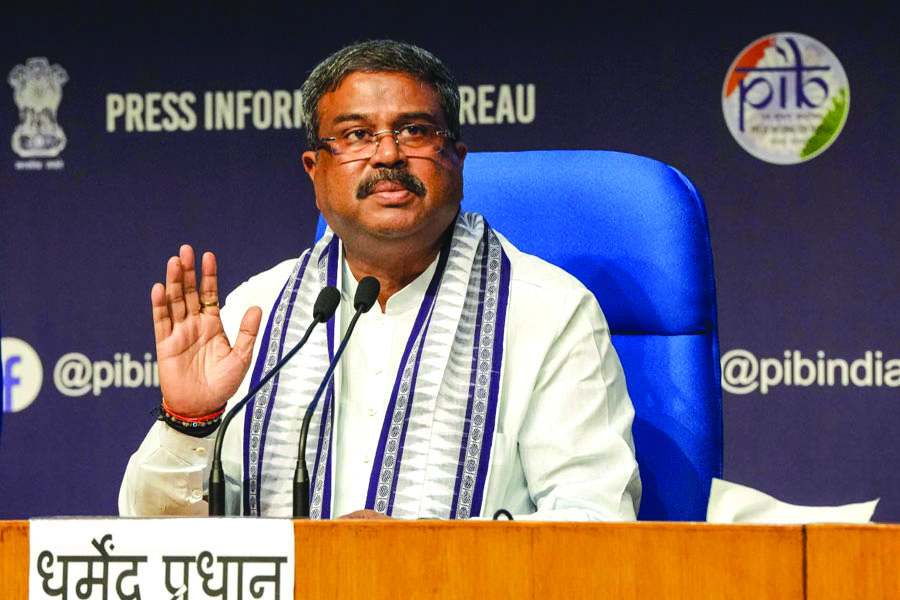Delhi: Advice for EdAC
Autar Nehru (Delhi)
Under fire for the NEET-UG exam scandal from opposition parties as well as a swelling number of monitors of India’s failing education system, Union education minister Dharmendra Pradhan has constituted an Education Advisory Council (EdAC) to advise the ministry of education (MoE) on critical aspects of implementation of the National Education Policy (NEP) 2020 four years after it was presented to Parliament and the nation.
The proposed eight-member EdAC will be professedly an independent body to advise MoE, the Women & Child Development ministry, agencies, and institutions involved in education, to accelerate implementation of NEP 2020 which is proceeding at glacial pace.
With the BJP and allied parties seriously lacking intellectual heft and getting little support from academics in top-ranked universities, the onus of writing up numerous documents and roadmaps for implementing NEP 2020 has devolved upon Dr. K. Kasturirangan, chairman of the NEP 2020 drafting committee, who has written the FLN (foundational literacy and numeracy) and NIPUN (National Initiative for Proficiency in Reading with Understanding) documents for early childhood education. But with octogenarian Dr. Kasturirangan experiencing health problems, the promised curriculum frameworks for teacher education and adult education are stalled.
Informed academics in Delhi are also questioning the necessity of establishing EdAC as yet another education advisory body when NEP 2020 has already mandated over half a dozen school and higher education monitoring committees.
For instance, to oversee and regulate higher education, NEP 2020 mandates establishment of a Higher Education Commission of India (HECI) with four verticals viz, National Higher Education Regulatory Council (NHERC), National Accreditation Council (NAC), Higher Education Grants Council (HEGC), and General Education Council (GEC). Similarly, several supervisory and regulatory agencies — especially an SSSA (State School Standards Authority) in every state — has been decreed for school education.
However one of the major terms of reference of the new EdAC is to “revamp and rejuvenate” CABE (Central Advisory Board of Education) to “enhance coordination and collaboration between the Centre and states”. Under the BJP/NDA rule, CABE has fallen out of favour and no CABE meeting has been held since 2019. But with several state governments expressing opposition to common entrance exams (NEET-UG, CUET) and greater say in framing their own education policies, wisdom has dawned upon the mandarins of the ministry to revive CABE which offers a forum for state education officials. Greater cooperation between Delhi and state capitals is necessary if NEP 2020 on which the BJP/NDA government has placed a large bet, is to be implemented.
Some educationists interpret the establishment of EdAC as a move towards greater centralization with nominal reference to the revival of CABE. “As soon as it was voted to power at the Centre in 2014, the BJP abolished the Planning Commission on which states were represented and replaced it with NITI Aayog comprised of Central government appointees, doing away with the federal character of the planning body. Now EdAC is likely to replicate this initiative. This is dangerous. Education is not just about classroom academics. It covers culture, intellectual traditions and regional aspirations of society and economy. But this government has little respect for diversity and federalism. As a result, some of our finest academic institutions developed over many years, are losing their unique character. As evidenced by a large number of education regulatory committees mandated by NEP 2020, there is over emphasis on centralisation,” warns Prof. Madhu Prasad, founder-member of the All India Forum for Right to Education (estb. 2009).
As often highlighted by EducationWorld, NEP 2020 has two major contradictions. On the one hand, it mandates establishment of a plethora of committees to monitor and regulate school and higher education. On the other it recommends conferment of autonomy on education institutions. The newly constituted EdAC would be well-advised to truly revamp and rejuvenate CABE and also press the autonomy-for-institutions pedal. Education is best left to educationists.
















Add comment